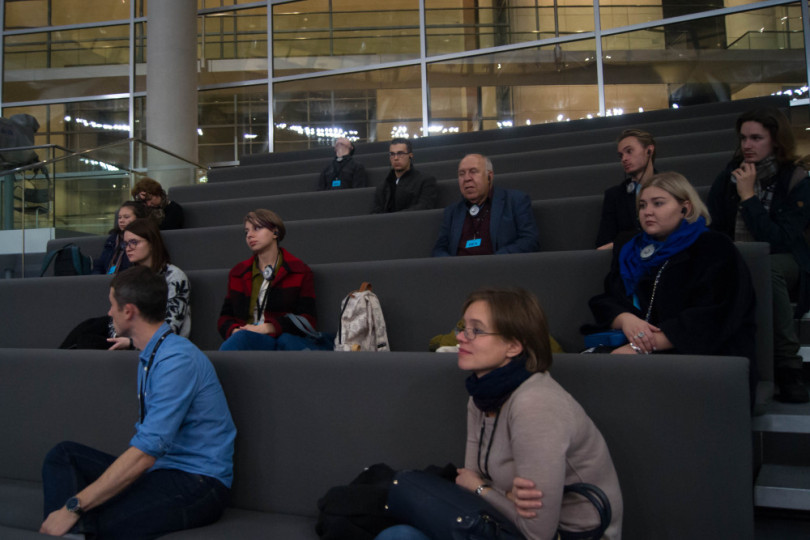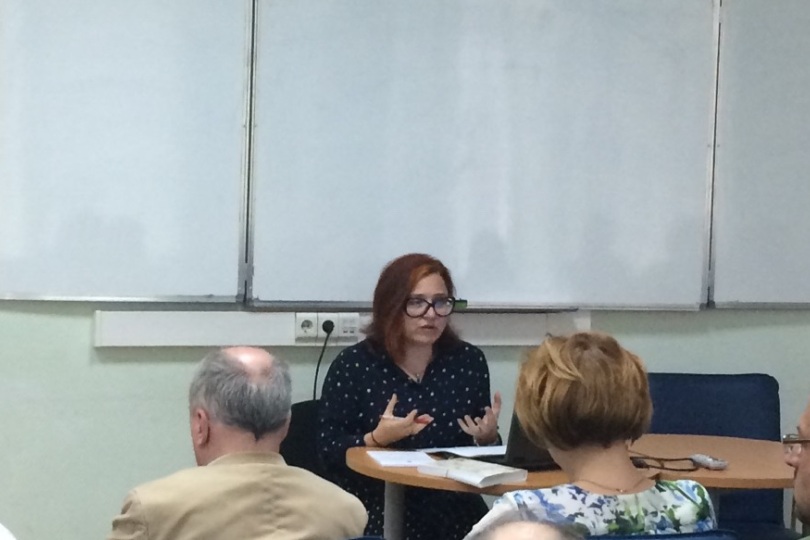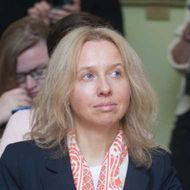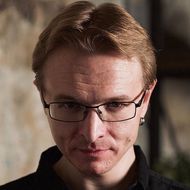
- A
- A
- A
- ABC
- ABC
- ABC
- А
- А
- А
- А
- А
105066 Moscow, Staraya Basmannaya 21/4, building 3
Phone: +7 (495) 772 95 90 *22858
The HSE School of History was established in 2015 on the basis of the HSE faculty of history. The School's staff brings together leading scientists in various fields of historical knowledge who are widely known and respected in Russia and the international academic community. The School’s instructors are leading historians are authors of numerous books and articles, regular participants in major international scientific forums and research projects, and are also known as popularizers of historical knowledge. The HSE School of History actively cooperates with leading foreign universities and research centers, and organizes international scientific conferences, symposia, and colloquiums.
 Principles and Forms of Sociocultural Organization: Historical Contexts of Interaction
Principles and Forms of Sociocultural Organization: Historical Contexts of Interaction
Gleb V. Aleksandrov, Bondarenko D. M., Anna K. Aleksandrova et al.
L.; NY: Anthem Press, 2026.
In press
Vestnik Sankt-Peterburgskogo Universiteta, Istoriya. 2026. Vol. -. No. -. P. -.
Anna K. Aleksandrova.
In bk.: Principles and Forms of Sociocultural Organization: Historical Contexts of Interaction. L.; NY: Anthem Press, 2026. Ch. 9. P. 177-197.
Kolesnik A., Rusanov A.
Working Papers of Humanities. WP. Издательский дом НИУ ВШЭ, 2021. No. 205.
News












- About
- About
- Key Figures & Facts
- Sustainability at HSE University
- Faculties & Departments
- International Partnerships
- Faculty & Staff
- HSE Buildings
- HSE University for Persons with Disabilities
- Public Enquiries
- Studies
- Admissions
- Programme Catalogue
- Undergraduate
- Graduate
- Exchange Programmes
- Summer Schools
- Semester in Moscow
- Business Internship
- © HSE University 1993–2026 Contacts Copyright Privacy Policy Site Map
- Edit



